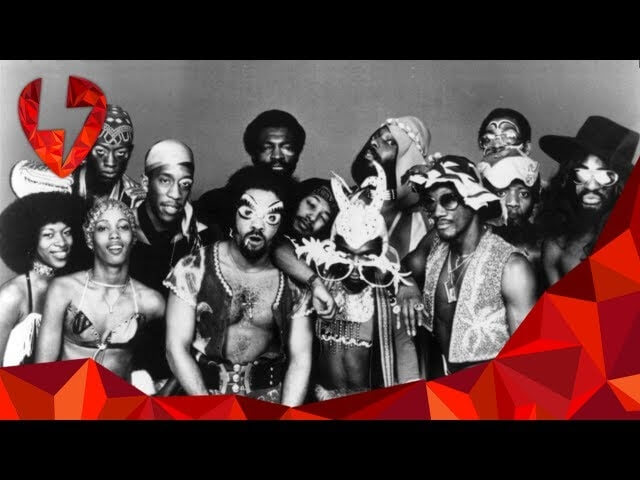R.I.P. Bernie Worrell, of Parliament/Funkadelic and Talking Heads

Pitchfork is reporting that Bernie Worrell, the immensely prolific keyboardist from pioneering funk collective Parliament/Funkadelic, and a frequent collaborator with new wave legends Talking Heads, has died. Worrell was 72, and had been suffering from lung cancer for some time.
A musical prodigy, Worrell began playing piano at the age of 3, and studied music at Julliard and the New England Conservatory Of Music. In the 1970s, he made the acquaintance of George Clinton, leader of doo-wop group The Parliaments, kicking off a musical collaboration that would come to define the sound of American funk. Touring and playing with the group (known as Parliament, Parliament-Funkadelic, P-Funk, and a number of different names) for the next decade, Worrell contributed his skills, both as a pianist and keyboard player, and as a songwriter, to the band’s musical legacy. An avid explorer of electronic instruments, Worrell was one of the first people to get his hands on one of Bob Moog’s famous synthesizers, which he helped popularize with 1977’s “Flash Light.”
As the years went on, Worrell’s musical influence extended beyond the world of Parliament and its associated acts, like Bootsy Collins’ Bootsy’s Rubber Band or The Brides Of Funkenstein (all of whom benefited from Worrell’s rhythm and piano arrangements). During a hiatus from Parliament in the 1980s, Worrell was recruited to contribute to a then-new project, the Talking Heads, which served to even further tighten the close links between funk and the new wave movement. Worrell never officially joined the David Byrne-fronted band, but he contributed parts and arrangements to many of the group’s most popular albums, and can be seen in Jonathan Demme’s concert film Stop Making Sense. (He also joined the band in 2002, when they were inducted into the Rock And Roll Hall Of Fame.)
 Keep scrolling for more great stories.
Keep scrolling for more great stories.
